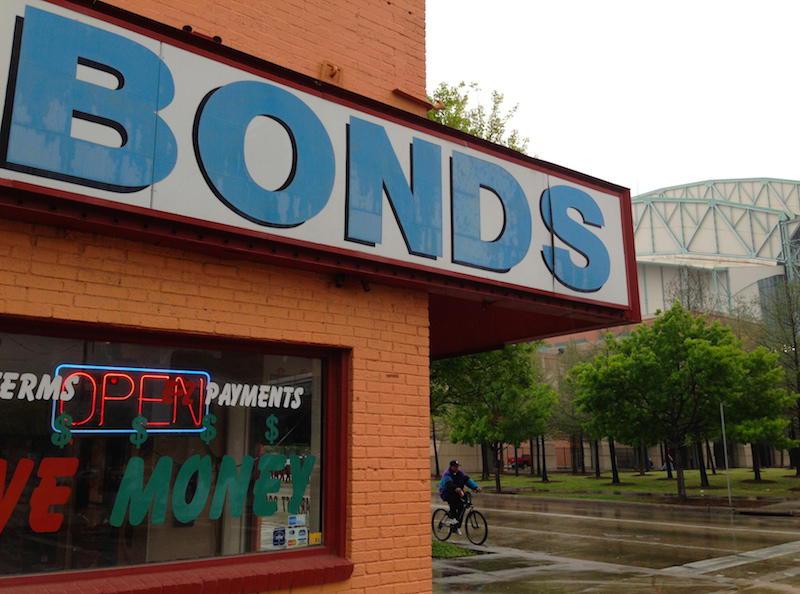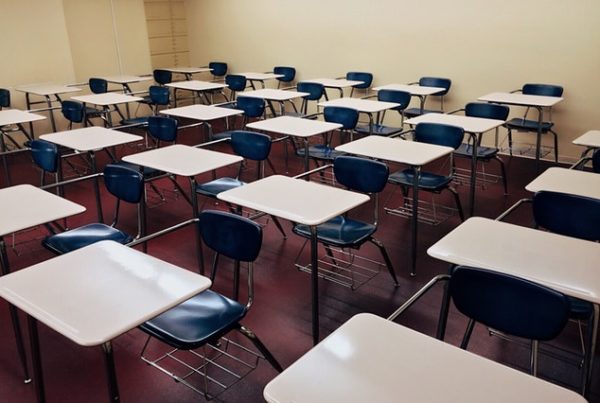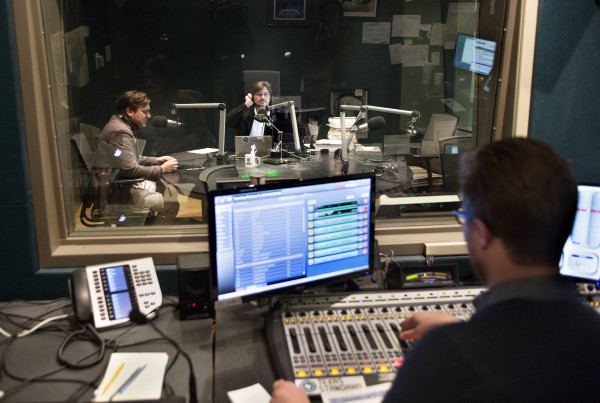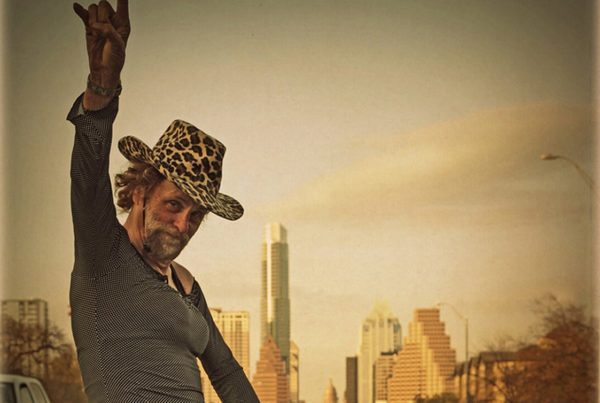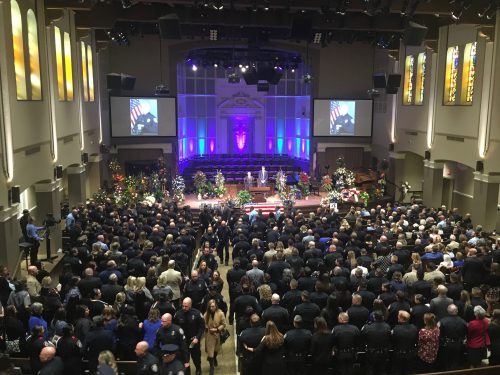From KERA:
Most people in Texas jails are legally innocent. They’ve been arrested but are awaiting trial – they haven’t been convicted of a crime.
Advocates across the political spectrum say that’s because whether a defendant is put in jail before trial depends too much on how wealthy they happen to be. Now, lawmakers have introduced bills to overhaul the state’s bail laws.
The legislation follows a push two years ago when the legislature last met, which ultimately failed.
Texas Supreme Court Chief Justice Nathan Hecht told lawmakers in 2017 that he was concerned that 3 in 4 people locked up in county jails in Texas were being detained before their trial, and that a lot of them were not dangerous, just too poor to get out of jail.
“Though presumed innocent, they lose their jobs, families and are more likely to reoffend. And if this weren’t all bad enough, taxpayers must shoulder the cost: A staggering $1 billion a year,” he says.
Although lawmakers applauded his declaration that, “liberty and common sense demand this reform,” the legislation passed the Texas Senate but failed in the House.
Bail is used as a way to ensure that a person arrested for a crime appears in court to face charges, and cash bail is the most common form it takes. That’s when a judge or magistrate sets an amount of money – a bond – that defendants must pay to get out of jail and await trial at home. While the Texas Constitution guarantees access to bail, some crimes like capital murder are exempt from that guarantee.
If a defendant can’t pay the bond in its entirety, they may rely on a bail bond agent who charges a fee, often around 10 percent of the bond amount, to get them out of jail. Then, that agent is financially liable for the full bond amount if the defendant does not show up for court.
Bail bondsmen argue that this system of using a third party with a vested interest in getting defendants to trial works well in most cases, and allows most arrestees to get out.
Reform advocates argue that it makes wealth the determining factor in whether a person is freed or not, and say risk – either to public safety or that they would abscond and fail to appear for trial – should be the determinant. While jail population numbers are fluid, reports show that tens of thousands of people in local jails across Texas are awaiting trial.
This year, in another address to lawmakers, Hecht told lawmakers it was time use better methods to decide whether someone is so dangerous or so likely to flee before their trial that they have to be held in jail.
While Hecht’s pitch was largely similar to the pitch he made two years ago, the landscape today looks very different. Cities and states across the country have been looking critically at cash bail: California banned it entirely; in Texas, federal judges deemed bail practices in Dallas and Harris Counties unconstitutional. And last summer, Gov. Greg Abbott threw his support behind bail reform.
“Our goal is to not house non-dangerous criminals behind bars, but to put them on a path toward greater productivity and contributing to society,” he said at a press conference in Waco last August.
Abbott stressed that, in addition to the costs to individuals and taxpayers from jailing people who would be released if they had the cash to make bail, Abbott said the current bail system makes it possible for people who pose a danger to public safety, but have cash to make bond, to get out before trial.
Abbott announced his support for bail reform next to the widow of a Texas state trooper from Fairfield. Her husband was killed in 2017 by a man awaiting trial who was free because he’d made bail. Abbott said the killing showed that the current bail system failed to make Texans safer.


